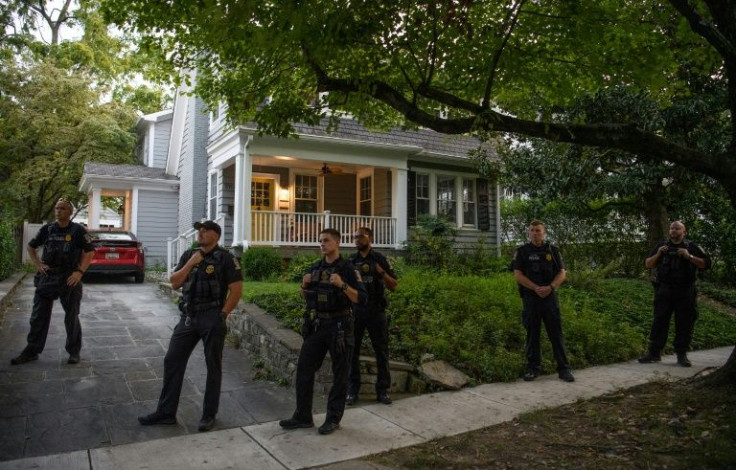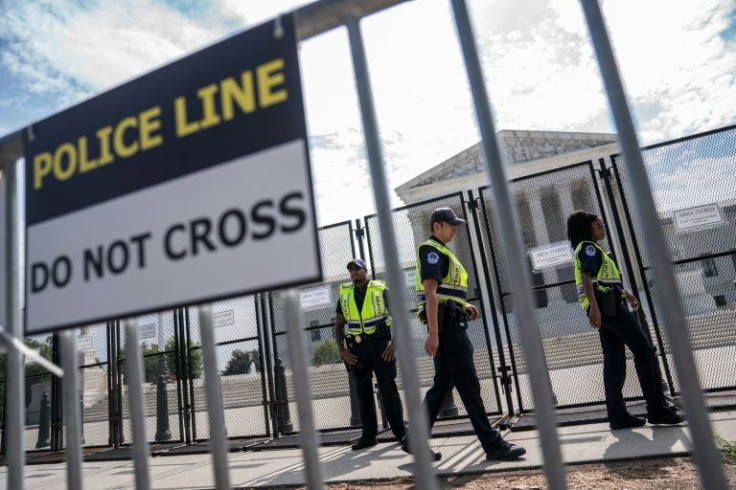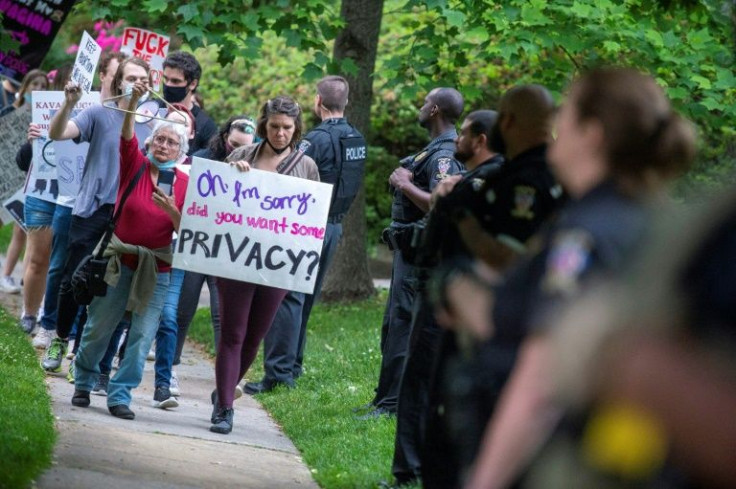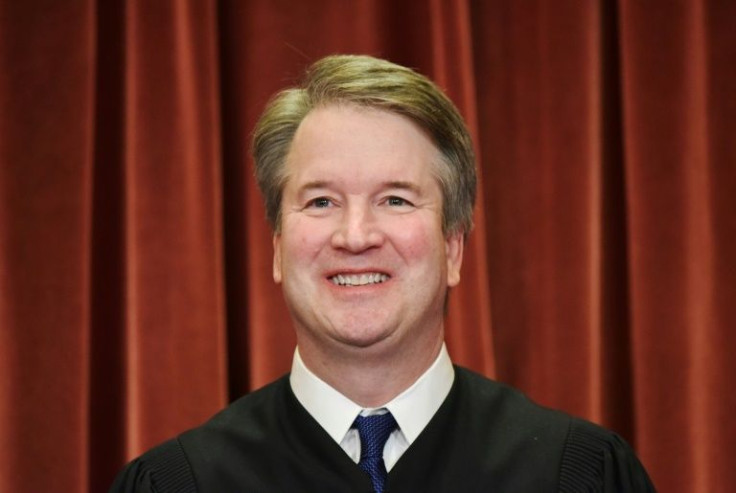Man Charged With Plotting Murder Of US Supreme Court Justice
A California man upset about mass shootings and the looming Supreme Court rulings on abortion and gun rights was charged Wednesday with attempting to murder conservative Justice Brett Kavanaugh.
Nicholas John Roske was arrested in the early morning hours outside Kavanaugh's house in the Washington suburb of Chevy Chase, Maryland carrying a semi-automatic Glock 17 pistol, a knife and tactical vest, according to documents filed in federal court.
Roske was spotted outside Kavanaugh's house by two US Marshals standing guard. He walked away and called emergency services, telling them he was feeling suicidal and had come from California to kill Kavanaugh, according to the documents.

The 26-year-old was arrested without incident by local police while he was still on the phone.
He later told police "that he was upset about the leak of a recent Supreme Court draft decision regarding the right to abortion, as well as the recent school shooting in Uvalde, Texas," an FBI affidavit said.
"Roske indicated that he believed the justice that he intended to kill would side with Second Amendment decisions that would loosen gun control laws," it added.

President Joe Biden condemned the threat against Kavanaugh "in the strongest terms," the White House said.
The arrest came as the court prepares to release potentially landmark judgements on politically charged cases on gun rights and abortion by the end of June.

A draft opinion in the abortion case that was leaked at the beginning of May, written by conservative Justice Samuel Alito, suggested that the court was poised to overturn the five-decade-old Roe v Wade ruling that said women had a constitutional right to obtain abortions.
If Alito's draft opinion goes through with support from a majority of the justices, it will likely allow many states to immediately implement full or near-full bans on the procedure.
The prospect has sparked anger and dismay among advocates of abortion rights, and led to protests at the homes of Kavanaugh, Alito and Chief Justice John Roberts.

After the leak and the protests, security was increased for the justices and barriers were raised around the court itself to prevent protestors from nearing the building.
"Threats of violence and actual violence against the justices of course strike at the heart of our democracy," Attorney General Merrick Garland said Wednesday. "For that reason last month, I accelerated the protection of all the justices' residences, 24/7."
Kavanaugh is one of six justices in the court's conservative wing, against three progressives, but he is not viewed as being as hardline as Alito or some of the others on the bench.
A Catholic native of Washington, his nomination in 2018 to the high court drew particularly heated debates over his views toward women and abortion rights.
His confirmation gave conservatives a 5-4 majority on the court, which grew further when Catholic, stridently anti-abortion Justice Amy Coney Barrett joined in October 2020.
The leak of the Alito draft opinion sparked speculation that someone was hoping to push the court in one direction or another in its final ruling on the abortion case.
Some analysts believe that Roberts and Kavanaugh could occupy a moderating position on the final judgement to partially sustain the abortion protections in the original 1973 Roe v Wade decision.
The court is also expected to rule before the end of the month on a New York firearms case that could see it effectively loosen gun control laws.
That decision is also in focus following recent mass shootings, including the murder by a teenage racist of 10 African Americans in Buffalo, New York, and the separate killing of 19 schoolchildren and two teachers in Uvalde, Texas.
Those shootings have heightened calls for tighter controls on firearms, leading to sharp pushback from gun owners seeking less regulation.
© Copyright AFP {{Year}}. All rights reserved.





















